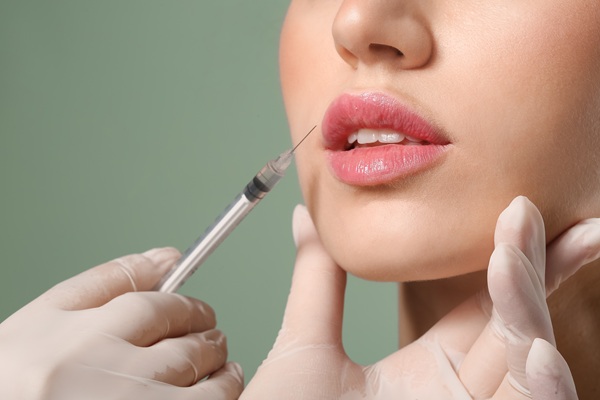What Oral Hygiene Regiments Help Avoid Halitosis?

Bad breath is an embarrassing condition that is often triggered by certain foods or beverages. However, poor dental hygiene can also contribute to long-term halitosis. Good dental habits can have a significant impact on one’s self-confidence in public over the condition of their breath without continual reliance on scented gums or mints. There are several practices to incorporate in an oral hygiene routine to deter bad breath.
Daily regimens
Dental hygiene should be a daily activity, and there are some tasks that should take place at least twice a day. There are also lifestyle choices that can reduce the development of bad breath.
Brush and floss twice a day
Brushing and flossing are key components of good oral hygiene that will help keep halitosis at bay. Food particles left in the mouth, either caught between the teeth or along the gumline, are a source of bad breath. If possible, brush your teeth at least twice a day for two minutes, but for additional protection, brush after each meal. Flossing is equally important, and if it is not possible to floss after each meal, floss before going to bed to remove the day’s food debris and bacterial plaque.
Not only should the teeth and gums be thoroughly brushed, but it is also important to fully brush the tongue. The combination of acid and bacteria that lies on your tongue produces a noticeable odor. Brush your tongue when working on the teeth, but if necessary, use a tongue scraper to help remove bacteria scum from the mouth.
Use water
In addition to rinsing the mouth after each meal to help flush food particles out of the mouth, staying hydrated throughout the day can work on bad breath internally. Water helps with saliva production, which is the body’s natural way of rinsing the mouth and keeping it clean. Without enough saliva, the odor-causing bacteria can build and multiply, creating bad breath. Some medications or medical conditions cause dry mouth, making hydration essential to reducing the potential unpleasant side effects of bad breath.
Incorporate a dental wash
If brushing the teeth following a meal is not possible, rinsing with mouthwash can reduce the potential for bad breath. A mouthwash helps clear food particles, but it also reduces plaque buildup and gingivitis development. Mouthwash can also be used during the morning or evening dental care routine.
Routine care
In addition to the daily regimens of brushing, flossing, and rinsing the mouth, keeping up with routine dental exams can aid in the fight against bad breath. Dental practitioners check for oral concerns such as cavities and gum disease, which could be underlying factors in persistent bad breath.
Following a healthy diet with low amounts of sugary and acidic foods also has a positive impact on the breath. These foods accelerate bacterial growth and should be avoided in favor of whole grains, proteins, fruits, and dark green vegetables.
Conclusion
Fresh breath indicates good oral health, and it can be achieved through proper daily dental habits. For halitosis that persists, consider consulting a dental professional.
Request an appointment here: https://davisanddingle.com or call Davis & Dingle Family Dentistry at (803) 567-1804 for an appointment in our Columbia office.
Check out what others are saying about our dental services on Yelp: Halitosis in Columbia, SC.
Recent Posts
Halitosis treatment targets root causes, like gum disease or decay, to provide a path to fresher breath and a healthier smile. This approach addresses persistent bad breath at its source rather than simply masking odors. With the right treatment from a general dentist, patients can achieve lasting fresh breath and improved confidence in their daily…
Even if we do not like it, there is a reason our general dentist recommends routine visits at least every six months. In fact, there are several important reasons why we should get into the habit of going to the dentist for regular visits as often as is necessary or as is told. The visits…
Bad breath can feel uncomfortable and embarrassing, even more so when it does not seem to go away. If you are struggling with chronic bad breath, a general dentist can help. Many treatment options are available, some of which take place at home. In this article, we will explore the common causes of bad breath…
Maintaining good oral health is essential to a healthy lifestyle. Regular visits to a general dentist are crucial in preventing and treating different dental issues. General dentists provide a wide range of services, such as preventive care, restorative treatments, and oral health education. However, if you are new to an area or are changing dentists,…


